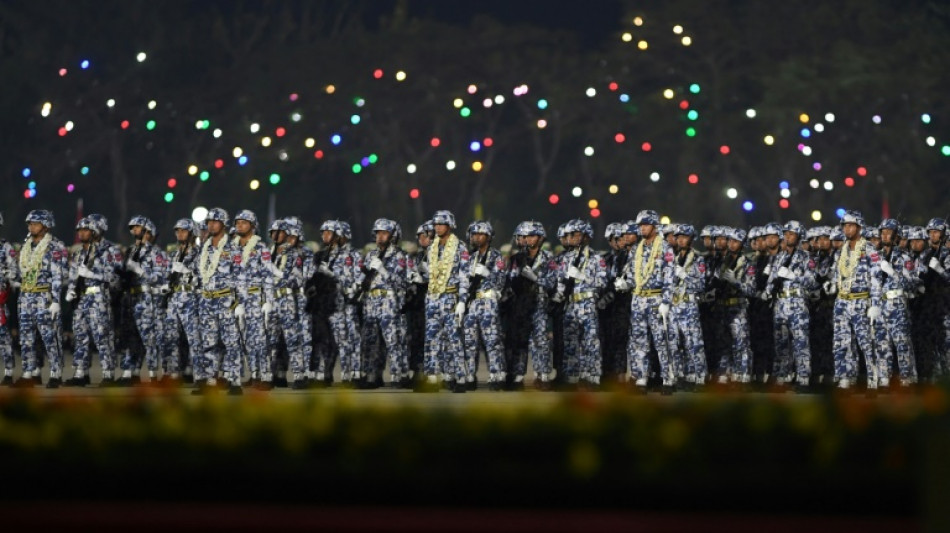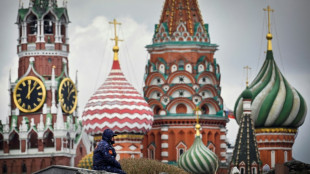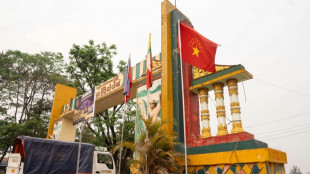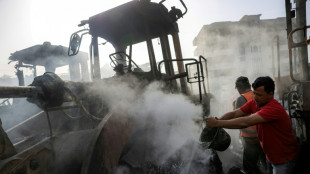

Myanmar junta accused of air strike even after quake
Myanmar's junta has pressed ahead with its campaign of air strikes despite the country's devastating earthquake, with a rebel group telling AFP Sunday seven of its fighters were killed in an aerial attack soon after the tremors hit.
The Myanmar military has increasingly turned to air strikes as it struggles to gain the upper hand against a complex array of anti-coup fighters and ethnic minority armed groups in the civil war.
Friday's massive 7.7-magnitude earthquake, which has killed at least 1,700 people and destroyed thousands of homes and buildings, prompted some armed groups to suspend hostilities while the country deals with the crisis.
But fighters from the Danu People's Liberation Army, an ethnic minority armed group active in northern Shan state, said they were hit by an air strike soon after the quake struck.
Five military aircraft attacked their base in Naungcho township, killing seven fighters, one of their officers told AFP.
"Our soldiers tried to get into bunkers when they heard the sound of aircraft," he said, speaking on condition of anonymity.
"But one big bomb hit one bunker where five female soldiers were killed on the spot."
There have been reports of other air strikes since the quake, but AFP has not been able to verify them.
- Increasing use of air power -
The military has suffered major battlefield defeats over the past year and a half, losing control of swathes of territory.
But while its ground forces have struggled, it retains air superiority thanks to fighter jets provided by Russia, its longstanding ally and major arms supplier.
The number of military air strikes on civilians has risen throughout the four-year civil war, according to non-profit organisation Armed Conflict Location and Event Data (ACLED), with nearly 800 in 2024.
That figure was more than triple the previous year and ACLED predicted the junta will continue to rely on air strikes because it is "under increasing military pressure on the ground".
News of the junta's continued use of air attacks drew criticism from rights groups and the UN special rapporteur for Myanmar.
"Reports that Myanmar's military has continued with airstrikes after the earthquake tells you everything you need to know about the junta -- obsessed with its brutal repression of civilians and desperately trying to win the war whatever the human cost," Elaine Pearson, Asia director at Human Rights Watch, wrote on social media platform X.
The UN's special rapporteur for Myanmar, Tom Andrews, urged the junta to halt military operations and declare an immediate ceasefire.
He told the BBC it was "nothing short of incredible" that the military was dropping bombs on people after a devastating earthquake.
An air strike earlier this month hit a village held by anti-coup fighters around 60 kilometres (40 miles) north of the second-biggest city Mandalay, which has been badly affected by the quake.
The strike killed at least 12 people, according to a local official who said it targeted civilian areas.
C.Queeney--NG



